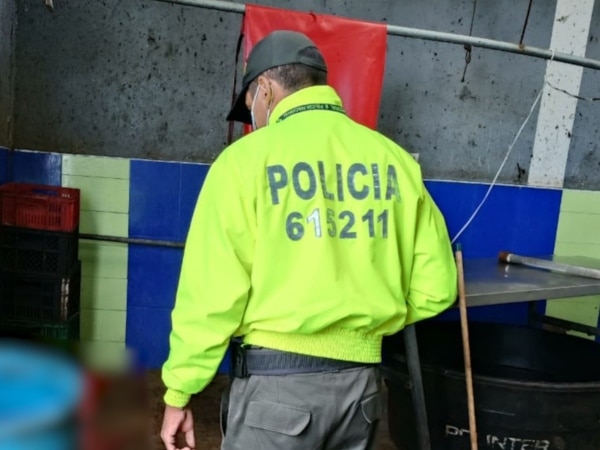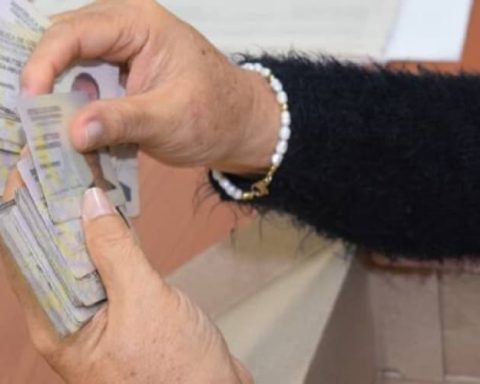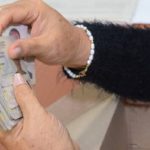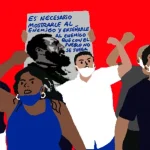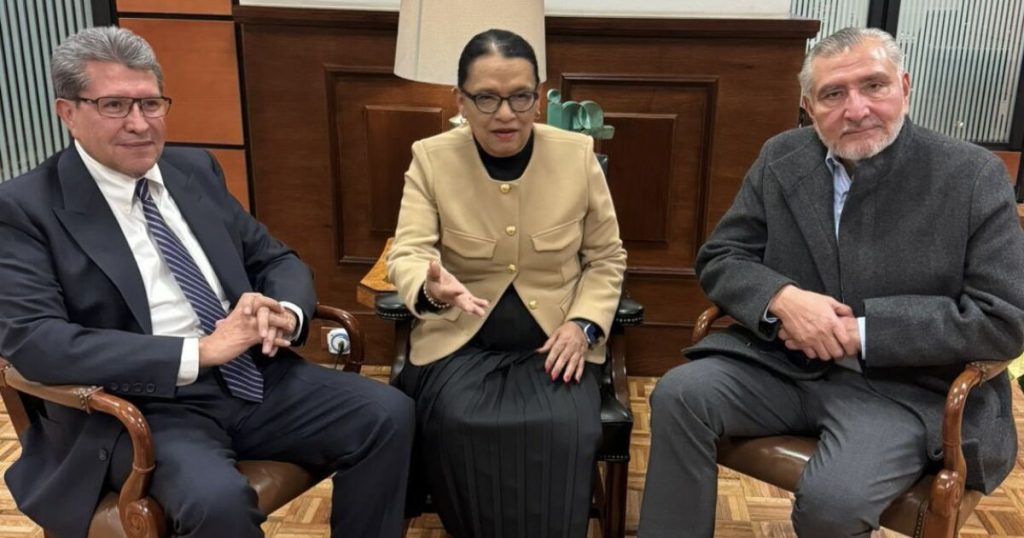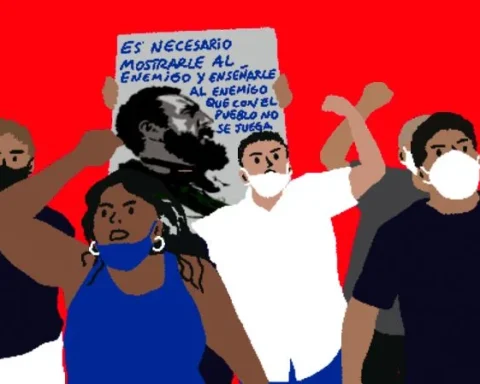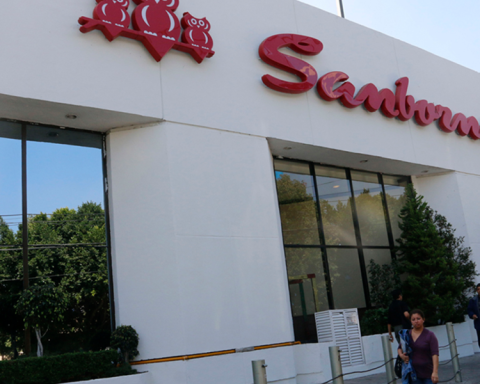According to the Prosecutor’s Office, the meat was distributed in commercial establishments and even in school feeding programs.
News Colombia.
Within the framework of an investigation into environmental contamination and damage to natural resources, the Attorney General’s Office dismantled a criminal network accused of operating a clandestine slaughterhouse in the Sasa village, in the municipality of Chiquinquirá, Boyacá.
Also read:
According to the judicial entity, the gang, dedicated to the illegal slaughter of cattle, horses and donkeys, distributed meat in several municipalities of Boyacá and Cundinamarca, in addition to being sold to providers of public programs such as the School Feeding Plan (PAE), prison centers and markets.
The joint operation between the Prosecutor’s Office and the Carabineros Directorate of the National Police resulted in the capture of eight people allegedly involved in this network. Those captured were presented before a guarantee control judge, where they were charged with several crimes, including conspiracy to commit a crime, animal abuse, environmental contamination and food corruption.



The meat produced by this network “was not suitable for human consumption”
According to the Prosecutor’s Office, the clandestine slaughterhouse operated without legal permits, in precarious health conditions and allegedly with sick and mistreated animals.
«The criminal structure, apparently, had sick animals and in poor conditions, without having the legal permits and in the midst of precarious health conditions. “This caused damage to the soil and water sources due to the dumping of waste from this activity,” the Prosecutor’s Office said in a statement.
The #Prosecutionin a joint action with the Carabineros Directorate of the @PoliciaColombiaexposed a criminal network accused of sacrificing cattle, horses and donkeys to sell the meat to suppliers of the School Feeding Program (PAE), to institutions… pic.twitter.com/FfEjEramT0
— Colombian Prosecutor’s Office (@FiscaliaCol) December 16, 2024
The entity revealed that the analysis of the material evidence indicates that the meat produced in this illegal slaughterhouse was sent without sanitary control to warehouses in Cota (Cundinamarca) and Bogotá. “From there, through an intermediary, it was allegedly sold and distributed to suppliers of the School Feeding Plan (PAE), prison centers, market places and commercial establishments.”
Finally, they indicated that the National Institute for Food and Drug Surveillance (INVIMA) also participated in the investigation and confirmed that the meat offered by this network was not suitable for human consumption, putting thousands of people in danger.
